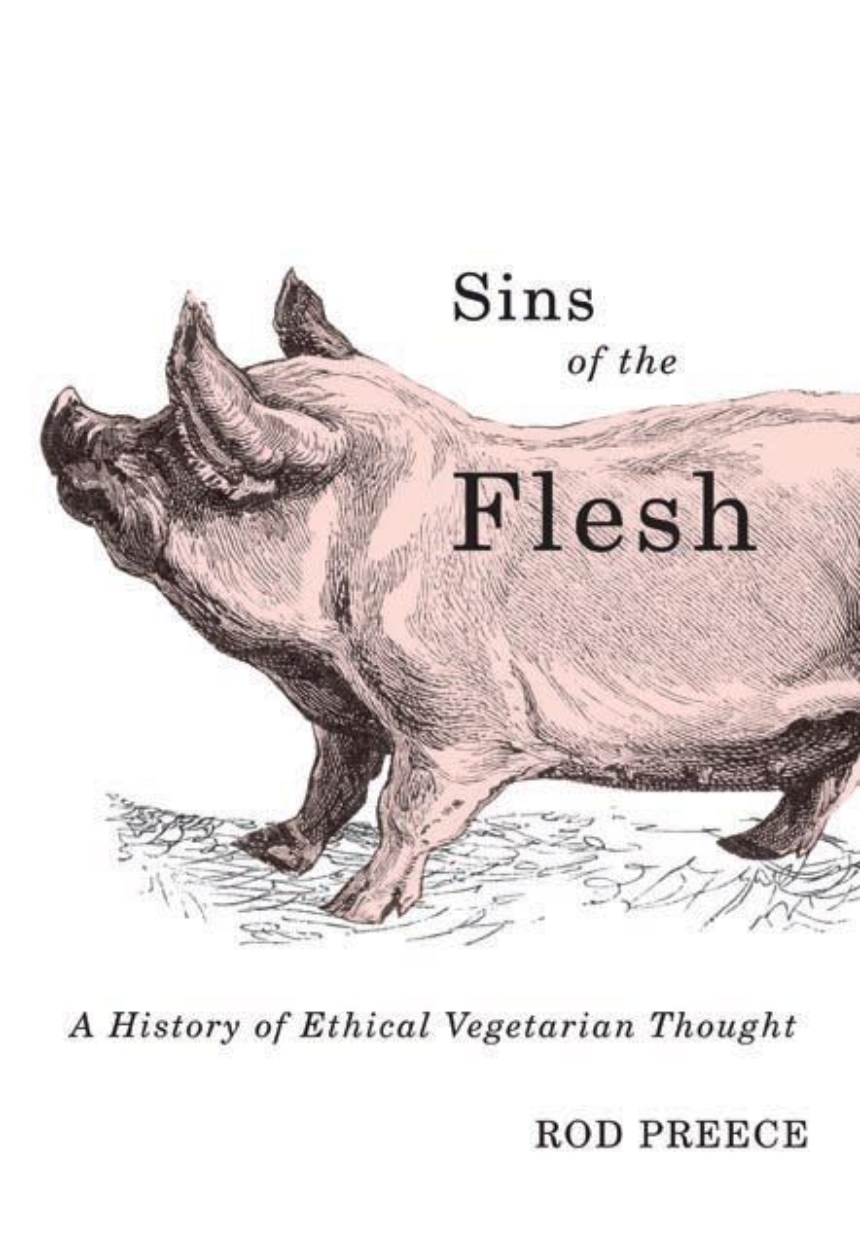9780774815109
Distributed for University of British Columbia Press
Sins of the Flesh
A History of Ethical Vegetarian Thought
Unlike previous books on the history of vegetarianism, Sins of the Flesh examines the history of vegetarianism in its ethical dimensions, from the origins of humanity through to the present. Full ethical consideration for animals resulting in the eschewing of flesh arose after the Aristotelian period in Greece and recurred in Ancient Rome, but then mostly disappeared for centuries. It was not until the turn of the nineteenth century that vegetarian thought was revived and enjoyed some success; it subsequently went into another period of decline that lasted through much of the twentieth century. The authority-questioning cultural revolution of the 1960s brought a fresh resurgence of vegetarian ethics that continues to the present day.
416 pages | © 2008
Table of Contents
Introduction: Bill of Fare to the Feast: The Whats and Whys of Vegetarianism
1: The Human in Prehistory
2: Eastern Religions and Practice
3: Pythagoreanism
4: Greek Philosophy and Roman Imperium
5: Judaism and The Earlier Christian Heritage
6: Bogomils, Cathars, and the Later Medieval Mind
7: The Humanism of the Renaissance
8: The Cartesians and their Adversaries in the Seventeenth and Eighteenth Centuries
9: Preaching without Practising: From Mandeville and Pope to Goldsmith and Wagner
10: Militant Advocates: From Oswald and Ritson to Shelley, Phillips, and Gompertz
11: The Victorians, the Edwardians, and the Founding of the Vegetarian Society
12: Vegetarians and Vegans in the Twentieth Century
13: Vegetarianism in North America
Postscript: Prospects
1: The Human in Prehistory
2: Eastern Religions and Practice
3: Pythagoreanism
4: Greek Philosophy and Roman Imperium
5: Judaism and The Earlier Christian Heritage
6: Bogomils, Cathars, and the Later Medieval Mind
7: The Humanism of the Renaissance
8: The Cartesians and their Adversaries in the Seventeenth and Eighteenth Centuries
9: Preaching without Practising: From Mandeville and Pope to Goldsmith and Wagner
10: Militant Advocates: From Oswald and Ritson to Shelley, Phillips, and Gompertz
11: The Victorians, the Edwardians, and the Founding of the Vegetarian Society
12: Vegetarians and Vegans in the Twentieth Century
13: Vegetarianism in North America
Postscript: Prospects

